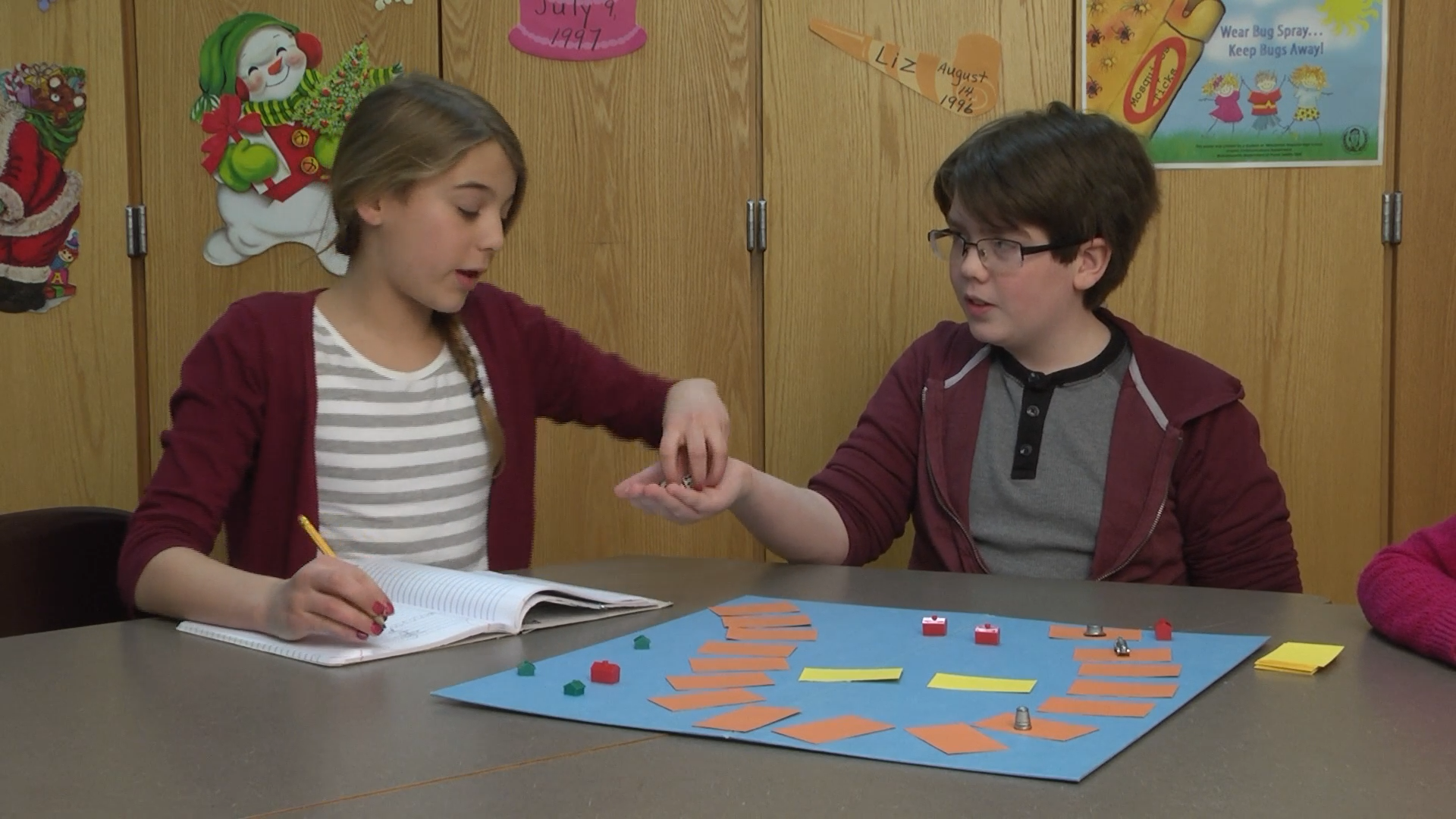
Introduction
When students participate in group activities, it’s crucial for them to stay engaged and follow the group. By keeping their body, eyes, and ears in the group, they demonstrate attentiveness and show that they’re actively participating. This not only helps them build stronger connections with their peers but also fosters a positive learning environment. In this blog post, we’ll explore a no-prep activity to teach students the importance of following the group, provide discussion questions, and mention related skills that can further enhance their social abilities.
No-Prep Activity: The Follow the Group Game
This activity requires no preparation or materials, and it’s perfect for educators working with students in Special Education settings. Here’s how to play:
- Ask the students to form a circle.
- Choose one student to be the leader and explain that their role is to perform an action, such as clapping their hands or stomping their feet.
- Other students must follow the leader by mimicking their action.
- After a few rounds, choose a new leader and repeat the process.
Throughout the activity, remind students to keep their eyes, ears, and body in the group to ensure they’re actively participating and engaged. This game helps students practice staying attentive in a group setting and improves their ability to follow along with their peers.
Discussion Questions
Use these questions to stimulate further discussions about the importance of following the group and staying engaged in group activities:
- Why is it important to keep our body, eyes, and ears in the group during activities?
- How does staying engaged in the group affect our relationships with our peers?
- Can you think of a situation where you didn’t follow the group? How did it make you feel, and how do you think it affected others?
- What strategies can you use to remind yourself to stay engaged in group activities?
- How can we help others who might be struggling to follow the group?
Related Skills
Beyond following the group, there are other essential social skills that students can benefit from learning. Some related skills include:
- Active listening: This skill involves giving full attention to the speaker, showing empathy, and responding appropriately. It helps students better understand their peers and fosters stronger connections.
- Nonverbal communication: Body language, facial expressions, and gestures play a crucial role in conveying emotions and feelings. Teaching students to recognize and interpret nonverbal cues can enhance their social interactions.
- Turn-taking: Learning to take turns during conversations and activities is vital for students to develop respectful and cooperative relationships with their peers.
- Conflict resolution: Teaching students how to effectively resolve conflicts can help them navigate challenging situations and maintain positive relationships with their peers.
Next Steps
Teaching students the importance of following the group is just the beginning. There are numerous other social-emotional learning skills that can help students thrive in their social interactions and foster a positive learning environment. To access free sample materials and discover more valuable resources, sign up here.

